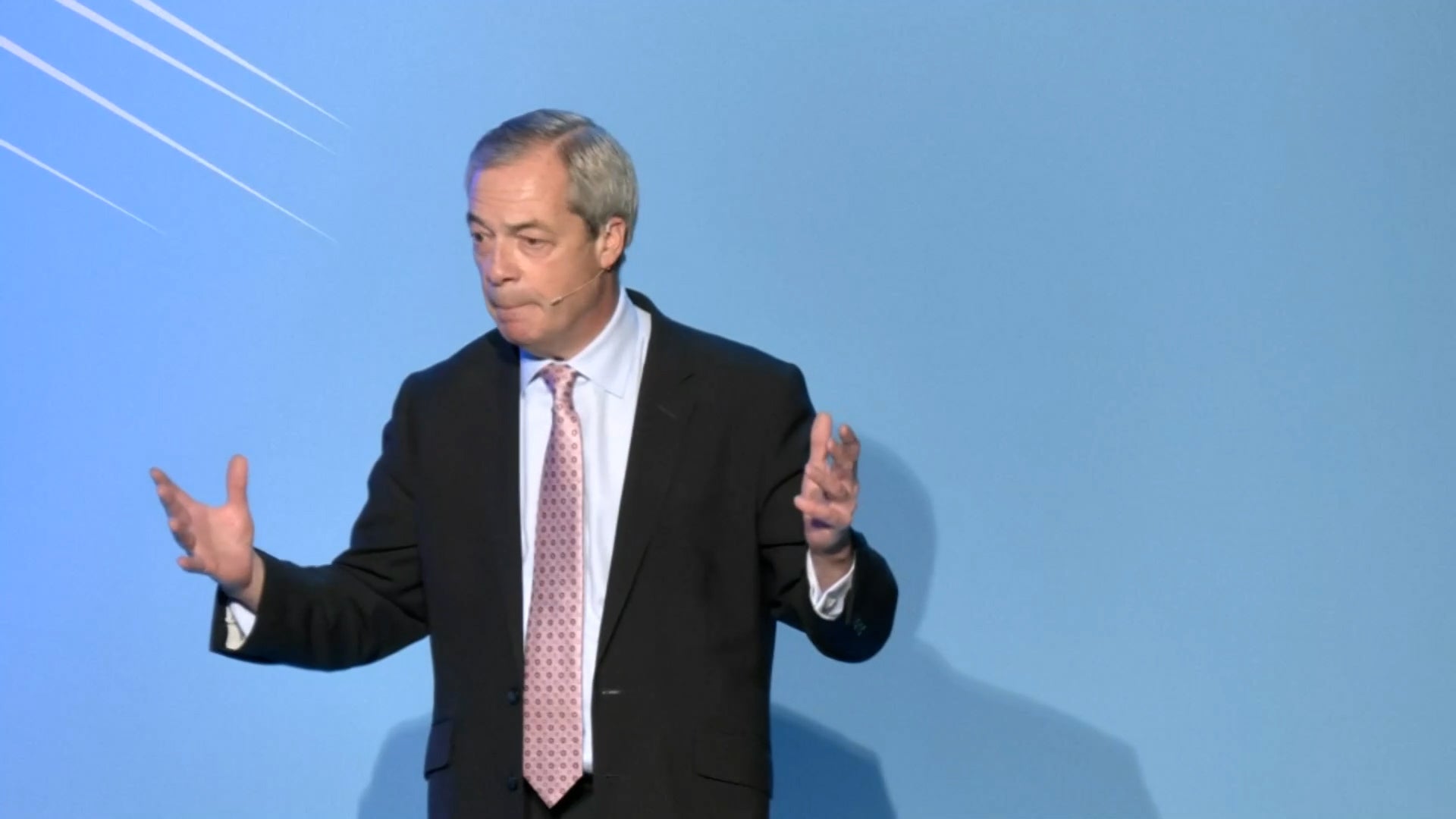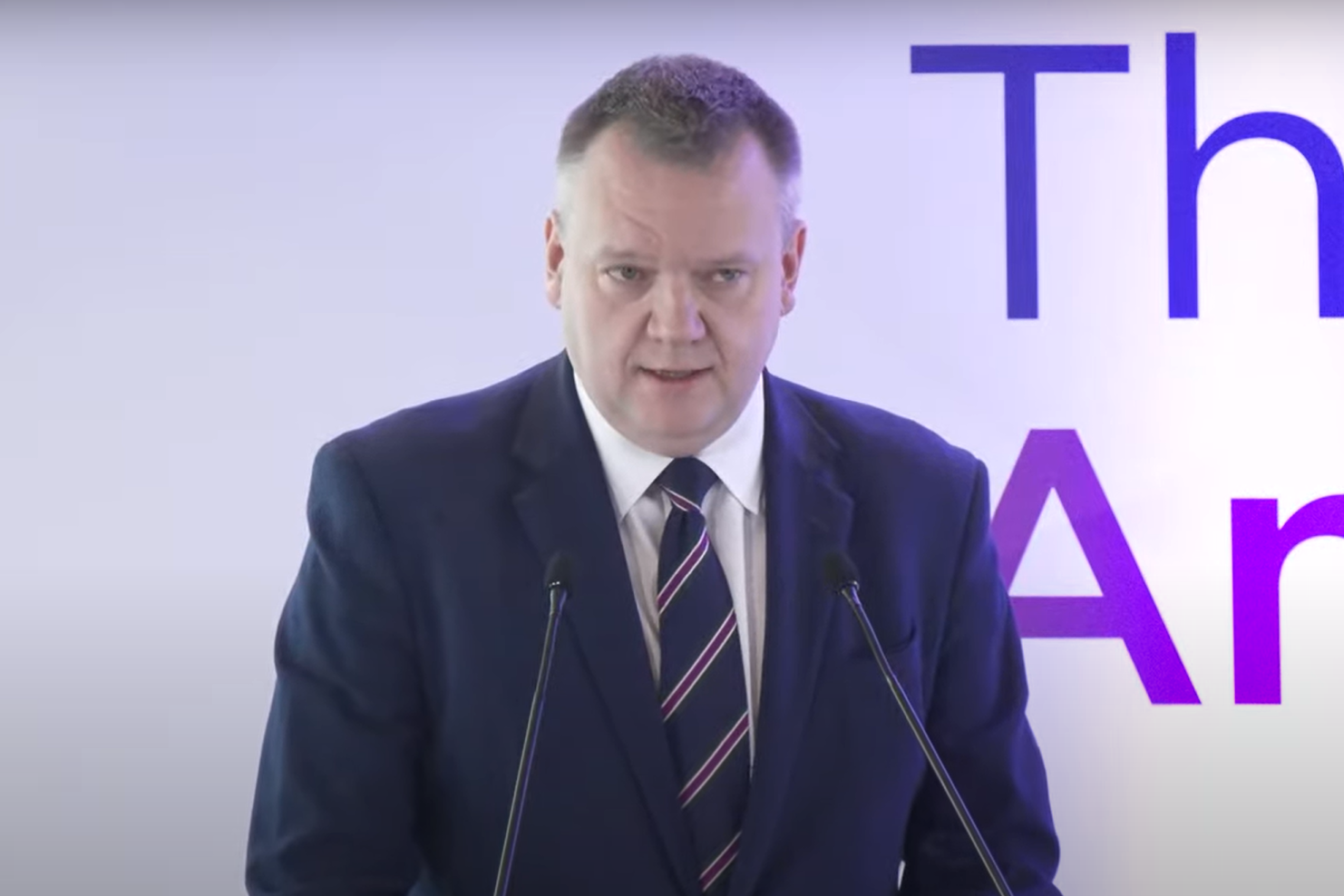A new report has revealed that the UK economy could be boosted by 2.2 per cent of economic growth simply by aligning more closely to that of the EU.
The report by Frontier Economics was commissioned by Best for Britain and is understood to reflect the UK government’s own estimates of what can be achieved with the Brexit reset talks which began officially last week.
With Britain teetering on a recession, the boost could put Sir Keir Starmer and Rachel Reeves’ drive for economic growth back on track. Chief negotiator Nick Thomas-Symonds hopes a deal can be struck in three months.
Two of Britain’s leading trade experts also believe the figures are “realistic” expectations but have warned that they can only be achieved through EU goodwill – which may not have returned after Brexit.

The research was carried out to reflect Sir Keir’s so-called red lines in the negotiations which are much less ambitious than rejoining the single market and customs union.
The prime minister hopes that his offer of UK support in defence and security working more closely with European allies, along with a campaign of wooing EU leaders with dinners in Downing Street will persuade them to take a more pragmatic approach to trade.
The study found that the UK government can secure significant growth (1.7 per cent to 2.2 per cent) through a policy of deep alignment in both goods and services with the EU while alignment on goods alone can also drive growth (1 per cent to 1.5 per cent).
Deep alignment is a mutual acknowledgement of each other’s standards rather than adopting exactly the same rules.
Significantly, alignment on goods offers disproportionate economic dividends for areas outside London with the largest growth in this scenario projected in the West Midlands, East Midlands, North East and Yorkshire.
And it’s not just a boon for the UK. In monetary terms, alignment delivers similar growth in exports for the EU (£23.9bn) as for the UK (£26.52bn). In the scenario of Donald Trump’s US tariffs being applied, deep alignment between the EU and UK shields the EU by offsetting some of the lost US trade with friction-free UK trade.

Closer regulatory alignment will not only save costs for British and EU businesses, but over time, this could help the UK recover between a quarter and a half of the economic hit of Brexit to UK GDP, which the OBR had calculated at – 4 per cent.
In the shorter term, the growth effects are around double the government’s 2019 upper estimates of the effects of a UK-US Free Trade Agreement. The proceeds from such growth could also be used to finance much-needed public investments – for example, close to two years of the government’s desired increases to the NHS capital budget.
David Henig, director of the UK Trade Policy Project, told The Independent: “I believe results to be roughly the same numbers that the UK government itself has found. But there needs to be a lot of goodwill from the EU which as yet may not be there.
“It may be too early for the EU to trust the UK’s intentions I think. So the [Starmer offering] defence is one of a few confidence-building measures.”
Marco Forgione, director general of the Chartered Institute of Export and International Trade, said: “Alignment can certainly work. But the problem has been the UK exporting into the EU more than the EU exporting into the UK.”
He raised a recent case study of one producer of chickens losing four lorry-loads of poultry at the border because of delays caused by one digit missing on a 30-page document.

He said: “The current situation is not just a problem for businesses in the UK but it could put hauliers out of business too.”
But he added: “There is a huge opportunity to be grasped by removing barriers to trading goods. It depends if there is a will to do it.”
Supporting this research, a massive new poll and MRP analysis of nearly 15,000 people undertaken by YouGov on behalf of Best for Britain found that support for alignment with EU standards and regulations was the most popular option in all but two constituencies in Britain (Castle Point and Nigel Farage’s Clacton).
Two in five (41 per cent) said the UK should be more closely aligned with the EU with one in five saying they either; favour the status quo (19 per cent), think the UK should be less closely aligned with the EU (22 per cent) or that they don’t know (18 per cent).
The poll also found that in every parliamentary seat bar one, the most popular option was for the UK to improve trade access with the EU even if it required the UK to follow some specific rules, standards, and regulations.
In Farage’s Clacton seat, the results are extremely close with 42 per cent opposing and 39 per cent supporting.
Across the country, more voters would be willing to follow all EU rules (44 per cent) compared to those who would not (38 per cent).
Naomi Smith, chief executive of Best for Britain, said: “No other policy proposal or infrastructure investment has the potential to move the economic dial on this scale in this timeframe. It not only falls within the prime minister’s stated red lines for his Brexit reset, but appeals to the voters he won from the Conservatives at the last election and whose support he needs to keep.
“Deeper regulatory alignment with our largest market offers growth to every corner of the UK and is the change Britain has been waiting for. Voters want it, businesses need it, the time is right for the government to commit to it.
Andrew Lewin MP, chair of the cross-party UK Trade and Business Commission, said: “The Labour government is the first in more than a decade with a stated aim of negotiating a stronger and closer trading relationship with our allies in the EU. This timely new report shows the opportunity on offer, with an uplift to our economy worth tens of billions of pounds and benefits flowing to all parts of the country.
“The chancellor was right to say that when faced with policy choices about how we grow the economy, the answer can’t always be no. Now is the time to say yes to closer regulatory alignment with the European Union and start to undo the damage done by the failed deal of the last government.”







